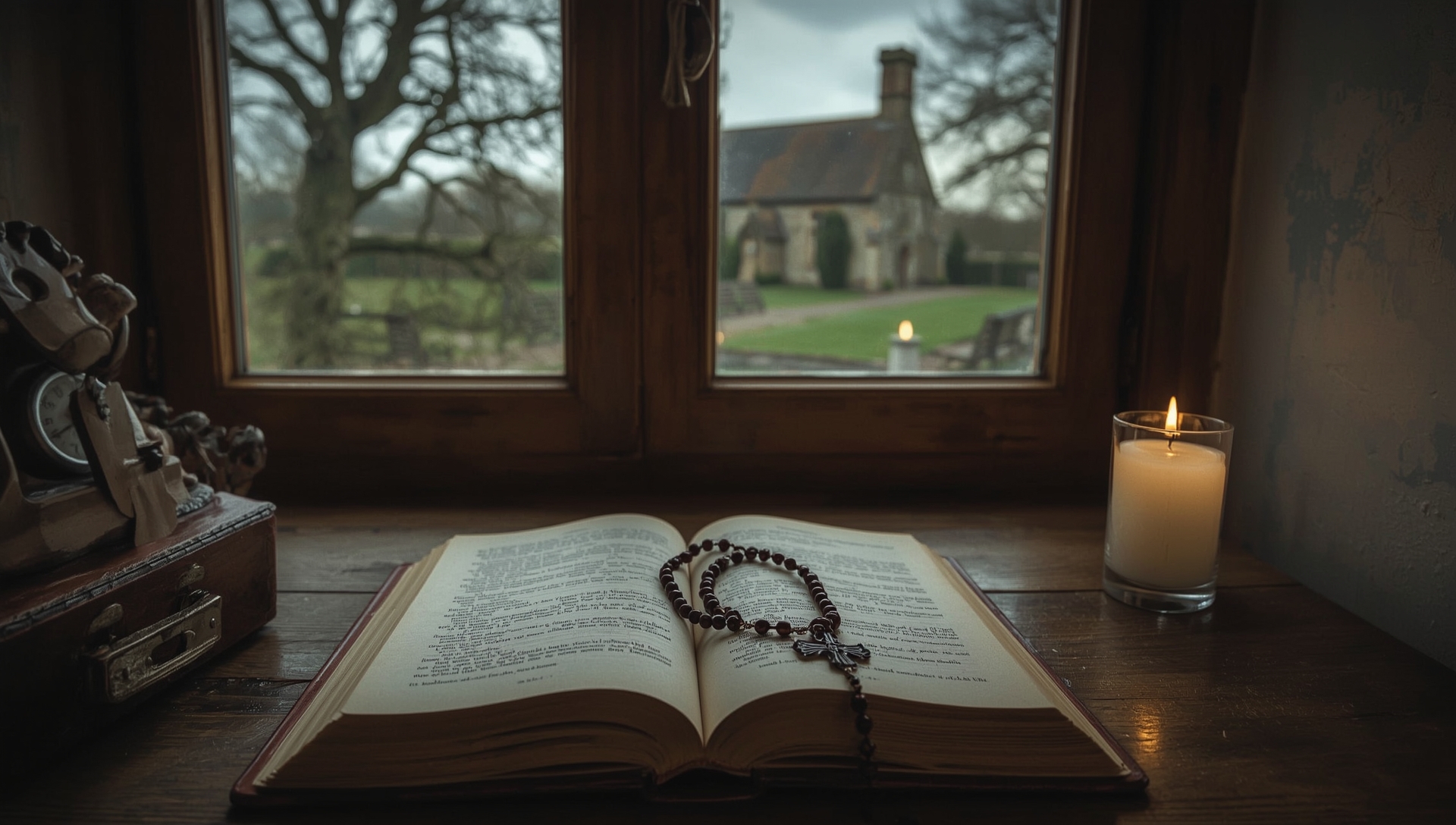The Thinking Man’s Prayer: Why Catholic Poets Still Matter | Rediscover Richard Crashaw
Holy Highlights
Archives
The Thinking Man’s Prayer: Why Catholic Poets Still Matter | Rediscover Richard Crashaw
SIGN UP FOR OUR NEWSLETTER
The Thinking Man’s Prayer Why Catholic Poets Still Matter |
In an age of endless noise, the profound faith and verse of forgotten poets like Richard Crashaw offer a powerful antidote. |
In the vast landscape of English literature, some of history's most profound voices have been unjustly silenced by time.
These are not just obscure writers, but true giants whose work was forged in the fires of faith and persecution.
Chief among these unsung heroes is Richard Crashaw, a 17th-century poet of staggering spiritual depth.
His story is one of dramatic and beautiful contradiction.
Crashaw was the son of a prominent Puritan clergyman, a man who publicly condemned art, theatre, and the Catholic Church as devices of the devil.
Yet, the son would ultimately embrace the very faith his father despised.
During the turmoil of the English Civil War, Crashaw converted to Catholicism, a decision that carried immense personal risk.
This single act of conscience cost him everything.
Forced into exile, he lived in abject poverty in Paris and later Rome, his life a testament to his unwavering conviction.
It was this deep, self-sacrificial spirit, inspired by mystics like St. Teresa of Avila, that fueled his most breathtaking poetry.
His poems are not mere words on a page; they are vibrant, passionate prayers that explore the joyful union with the divine.
He is a part of a small but mighty circle of literary titans from that era who remained faithful against all odds.
Another such figure was John Dryden, a celebrated poet who also converted to Catholicism later in life.
Dryden’s monumental work, The Hind and the Panther, stands as one of the most powerful defenses of the Catholic faith ever written in English verse.
Like Crashaw, Dryden faced persecution for his fidelity.
The neglect of these poets today says more about our modern sensibilities than it does about their literary merit.
Their work offers something desperately needed: a glimpse into a world where faith was worth sacrificing for and beauty was a path to God.
Rediscovering their voices is more than a literary exercise; it’s an act of cultural and spiritual recovery.
They remind us that the greatest art often comes from the deepest convictions, a lesson that feels more relevant now than ever.
Perhaps it is time to listen again to these poets who prove why Catholic poets still matter.
Frequently Asked Questions
Who was Richard Crashaw?
Richard Crashaw was a brilliant 17th-century English metaphysical poet known for his deeply religious and passionate verses. The son of a Puritan preacher, he converted to Catholicism, which led to his exile and had a profound influence on his celebrated work.
Why is religious poetry still relevant today?
Religious poetry remains relevant because it grapples with timeless human questions of faith, suffering, love, and the search for meaning. In a secular age, these works offer a unique window into spiritual devotion and the enduring power of belief to inspire great art.
What makes 17th-century poets unique?
The 17th-century poets, particularly the metaphysical poets like Crashaw and John Donne, are unique for their intellectual wit, complex metaphors, and the fusion of passionate emotion with theological argument. Their work is both intellectually stimulating and spiritually moving. |

